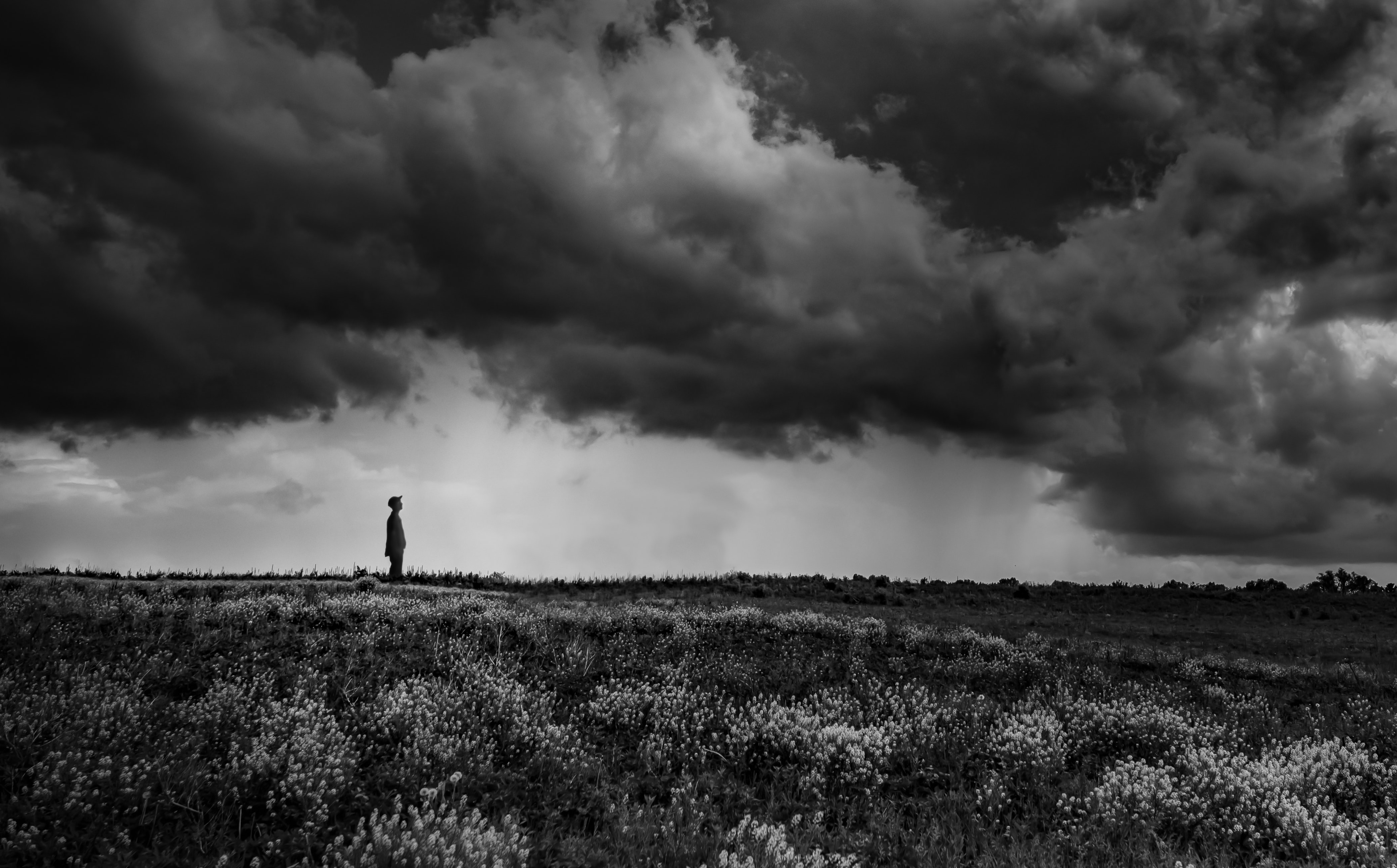Before we take a look at the process of grief, I feel that it is important to acknowledge that the order in which I am exploring the stages of grief are not necessarily the order in which individuals might experience them. Grief is an individual journey and everyone will start and finish at different places and at different times. It is not a race, there is no prize for first place and rushing this process may result in prolonged grief
According to the urban dictionary, “denial is a self-defence mechanism employed by aspects of the subconscious mind in an attempt to protect emotional and psychological wellbeing”.
I remember the day I was told that my mum had died of a heart attack at the age of 46.
A knock at the door, followed by my tearful brother-in-law, unable to look me in the eye, telling me that my mum had suffered a heart attack and was taken to hospital but they were unable to save her.
I stood there and my mind immediately discredited this information – I had dinner with her yesterday evening and she was fine – but my body still involuntarily moved towards the car to make my way to hospital. My internal monologue, during this journey, was deafening in the silence of the car. “They have made a mistake, when i get there she will be hooked up to machines and the doctors will say she was incredibly lucky”. Despite all of the evidence, including distraught relatives, my inconsolable dad and seeing my mother’s cooling body, on returning to the house after the hospital, I convinced myself she was at work, and my mind told me this for the next two weeks, despite planning a funeral and picking out clothes for my mum to wear.
I believe that denial is a crucial part of coming to terms with a loss and is our body’s way of protecting our minds from overload. In that moment of learning about my mum’s death, my mind couldn’t comprehend the million different questions, past memories, future milestones that I would never experience with my mum, grandchildren that my mum would never meet…the list was endless.
My mind just pulled everything back to allow me to get through this day. Denial, attempts to take us through the initial period of loss one step at a time rather than risk feeling overwhelmed and unable to cope.
Denial is often associated with feeling numb, this is a common self-preservational response to receiving a shock. Your life as you know it has changed in an instant and to try and process this new reality without the presence of your loved one in it would be too painful.

People often report feeling numb for weeks after suffering a loss, and for me this was certainly true for many weeks after losing my mum. The condolence cards remained unopened because, subconsciously, to read messages about my mum describing her in the past tense would have been too much for me at that moment. Even planning a funeral was completed under a blanket of numbness, I remember the undertaker asking “what flowers we should have for the funeral” and I distinctly recall turning round to look at where my mum used to stand propped up against the kitchen cupboard to ask her.
“Just get past the funeral then begin to grieve”. This phrase was spoken to me many times over the two weeks that we waited to bury my mum. At first I thought that they were telling me to hold it together until after the funeral, but with hindsight, I can see that behind those words was a wealth of pain and experience from those who had experienced grief before me and knew the drill. After all the sympathies had been given, all the funeral preparations made and the ‘send off’ of your loved one completed, denial had done its job and now the real work of grieving was beginning.

